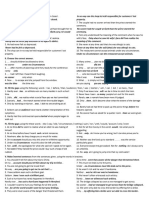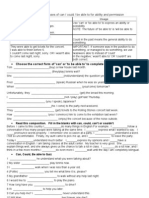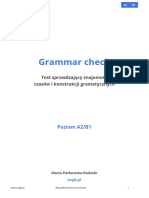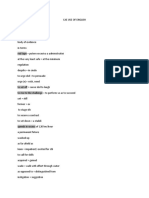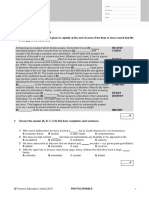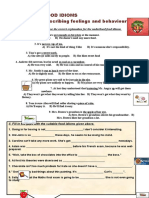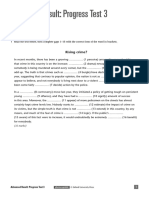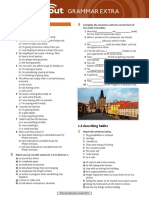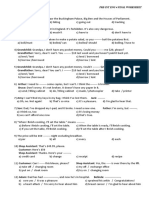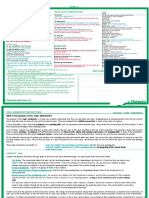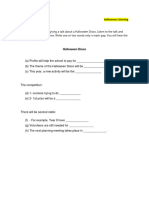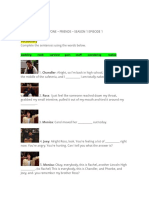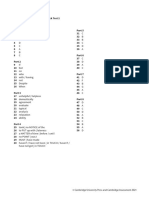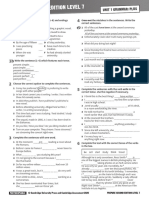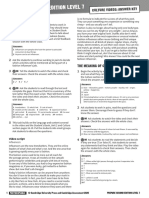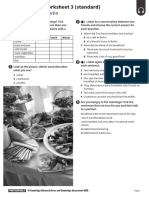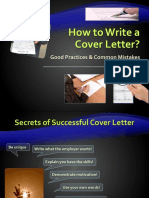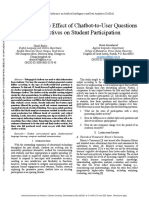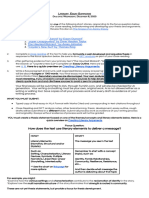0% found this document useful (0 votes)
391 views6 pagesC1 Advanced Reading Worksheet 3
C1 Advanced Reading Worksheet 3 Cambridge
Uploaded by
Sandra Gil MonserratCopyright
© © All Rights Reserved
We take content rights seriously. If you suspect this is your content, claim it here.
Available Formats
Download as PDF, TXT or read online on Scribd
0% found this document useful (0 votes)
391 views6 pagesC1 Advanced Reading Worksheet 3
C1 Advanced Reading Worksheet 3 Cambridge
Uploaded by
Sandra Gil MonserratCopyright
© © All Rights Reserved
We take content rights seriously. If you suspect this is your content, claim it here.
Available Formats
Download as PDF, TXT or read online on Scribd
/ 6





